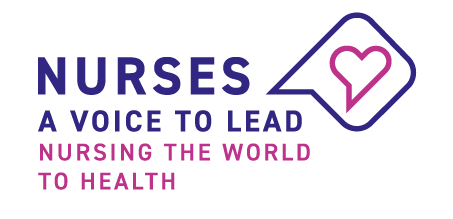Case Study of the Week World Mental Health Day: School Nurses, Western Australia

Adolescents in Western Australia are generally physically healthy and the main health concerns of this group are psychosocial issues, including family violence, bullying and high levels of life stress. If psychosocial stress is poorly it can precipitate mental ill-health. The Child and Adolescent Health Service, part of Community Health Western Australia, provides nursing services to young people aged four to 18 years. In public sector secondary schools, the service provides specialist adolescent health expertise to young people, their families and the school. The main focus is on prevention and early intervention when there are health and developmental concerns.
School nurses are employed by the Department of Health and are available to the more than 180,000 young people (Years 7 to12) who attend Department of Education public sector secondary schools. Nurses provide assessment, referral and brief intervention with school-attending young people who self-refer or are referred by school staff or caregivers for evaluation.
Key concerns school nurses encounter include mental health problems, sexual health, problems at home or school, peer difficulties, drug and alcohol use, nutrition and physical activity. Early intervention with these problems before they become entrenched has both immediate and long-term benefits to individual young people’s life trajectories, as well as to society.
Young people can refer themselves to school nursing services, and the service is universal with no intake criteria. As a result, school nurses are frequently approached by young people who are experiencing mental health problems.
School nurses provide direct clinical support to young people, focusing on timely early intervention with physical and mental health problems, and facilitate access to the broader health system, as required. School nurses are well-placed to support young people experiencing difficult social circumstances and emerging mental health problems. While not all impacts on mental health reflect mental illness requiring treatment, early intervention with young people experiencing mental health problems will promote better overall health and life outcomes.
School nurses are underutilised in the social model of health and well-positioned to intervene with early and emerging mental health problems in young people.
A female student in Year 12 (17 years of age) presented to the school nurse having recently self-harmed. She reported that she lived with her father and older brother and had no contact with her mother. Her father had recently left her and her brother alone in the house as he had gone to another state for work. He did not provide any money for food or other essentials and her brother had lapsed into drug addiction. She wanted to finish her schooling, but could not see how she would achieve this, given her circumstances.

The school nurse supported the student in a range of areas, including by:
- Accessing an independent living allowance from the government.
- Accessing a local youth mental health service for further assessment. The service reported that there were no indicators of mental illness requiring treatment.
- Arranging educational adjustments at school until the immediate crisis had been managed.
- Developing additional coping strategies to manage the increased stressors.
- Developing life skills to facilitate her independence.
- Creating a safety plan for use if she were to feel fearful in relation to her brother’s behaviour.
- Monitoring and providing ongoing support at school.
These interventions enabled the student to stop self-harming and her overall wellbeing improved. The outcome was that she was able to finish school and go on to further study at the tertiary level.

